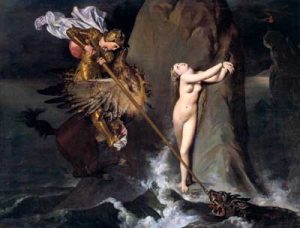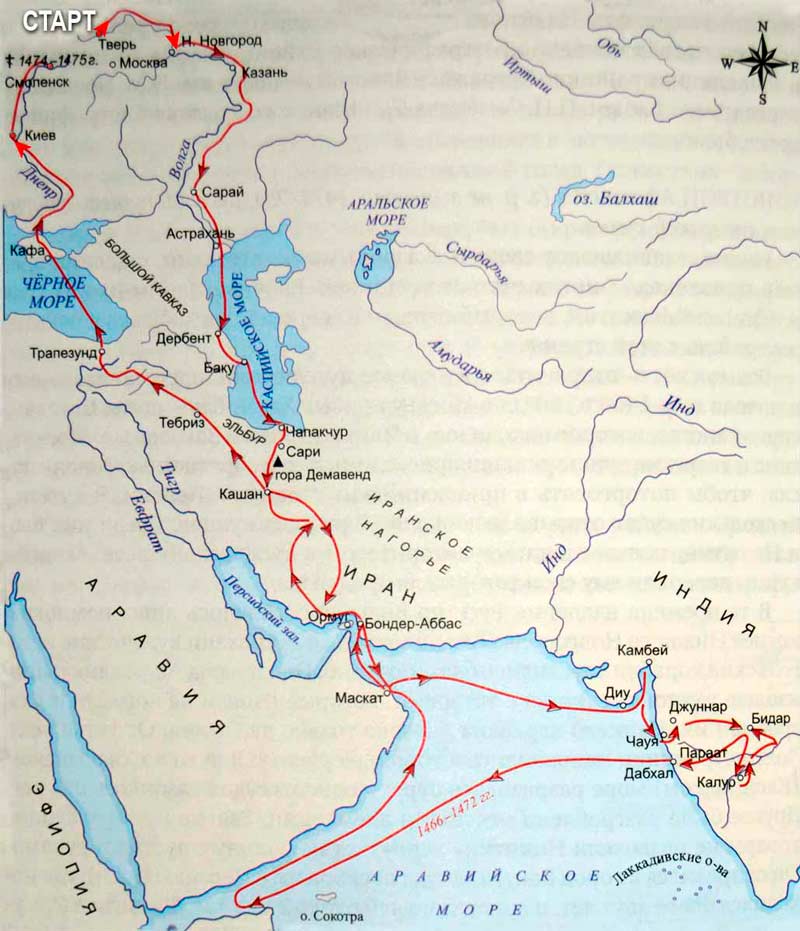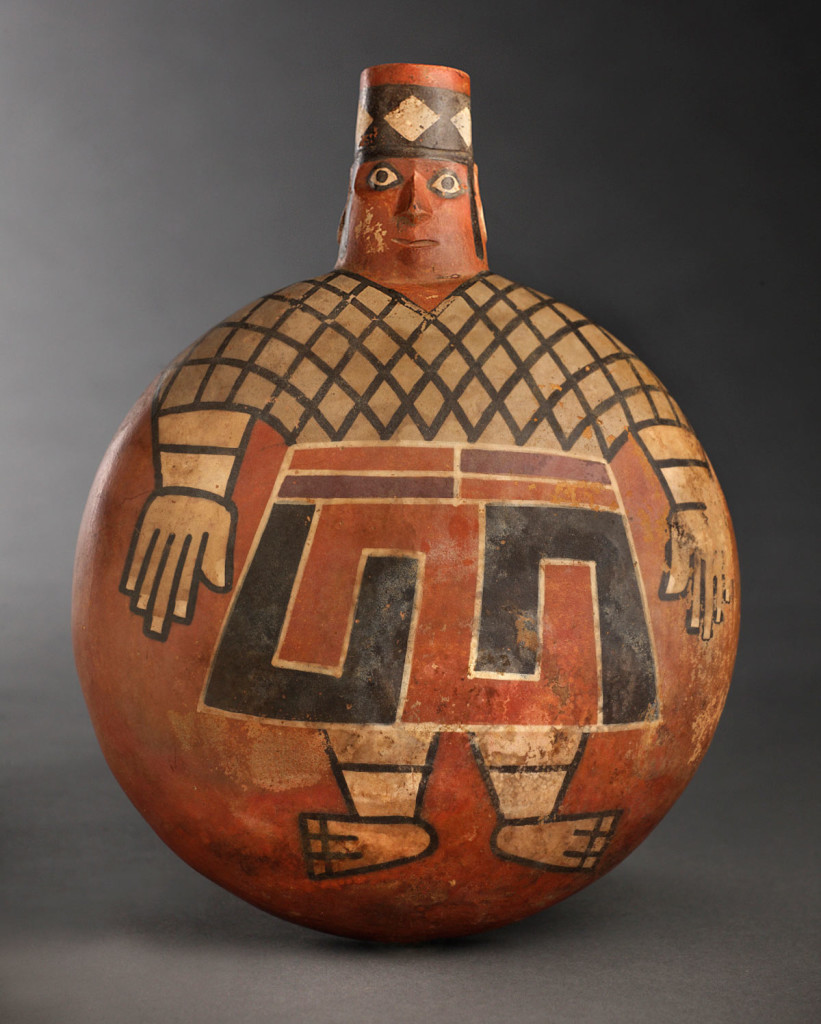Ariosto, “Furious Roland”
 Poem Ludoviko Ariosto “Furious Roland” had more than 80 editions in the XVI century. The elegant and at the same time simple language brought her a quick triumph over the poem Boyardo. The adventures of Furious Roland are no less varied and much better narrated; the fantasy is rich, youthful fresh, courageous; the poem is imbued with a tender feeling that charmed women. Far surpassing Boyardo by the power of poetic creativity, Ludovico Ariosto surpasses her and his successor, Torquato Tasso. Even those scenes full of voluptuousness are depicted in Ariosto with tenderness and modesty.
Poem Ludoviko Ariosto “Furious Roland” had more than 80 editions in the XVI century. The elegant and at the same time simple language brought her a quick triumph over the poem Boyardo. The adventures of Furious Roland are no less varied and much better narrated; the fantasy is rich, youthful fresh, courageous; the poem is imbued with a tender feeling that charmed women. Far surpassing Boyardo by the power of poetic creativity, Ludovico Ariosto surpasses her and his successor, Torquato Tasso. Even those scenes full of voluptuousness are depicted in Ariosto with tenderness and modesty.
Easy, brilliant, entertaining story it perfectly matched the taste of sovereigns, nobles and ladies. The link between the episodes of “Furious Roland” is weak, but it makes it easier to read a poem: each adventure is a special whole, so you can start reading from anywhere and finish as soon as you like. Ariosto always knows how to stop on time, stop the story before he tires, and start a new one. Often he breaks the story in the most interesting place to arouse curiosity, and always does it masterfully. Before the reader gets tired of the story of some of the adventures of Roland and Angelica, they are replaced by Ruggiero and Bradamanta. Ariosto is so serious that the story is interesting, he puts so much joking into it that it is very fun to read it.
There is ridicule at the church and the clergy in “Furious Roland”, but they are not cruel, but humorous. This is not sarcasm, but cheerful irony. Bradamanta convinces his beloved to be baptized, he replies: “for you I will fearlessly go not only into the water, but perhaps into the fire.” The pious hermit edifies Rodomonte with spiritual food; “But as soon as the Moor tasted it, it became sickening to him, because he was born with a bad taste.” In the ironic gaiety of Ariosto, there are many true deep thoughts about life; he knows the human heart perfectly well.
But in his poem there are drawbacks. She is a labyrinth of adventures; endless rows of them do not have unity. Characters are outlined very poorly; it is not a group of people, but a group of names. Only Rodomonto is somewhat different from other heroes by the indomitable courage, and Bradamanta – from other beauties by the romantic militancy. All other faces of “Furious Roland” are puppets that are driven by one spring, love. Contemporaries loved Ariosto’s poem for a variety of content, for charming playfulness, for the grace of the story, for the artistic form. But even they already found that he does not have the ability to create something new, that he is only a master of using someone else, that all scenes are borrowed from other poets, starting with Ovid and ending with Boyardo. Descriptions of nature Ariosto borrowed from former Italian and French poets. Almost all the episodes he took from Spanish and Provencal romances, Italian short stories or other works of the former poetry.
Ariosto could not give a coherent full image of life, but with an inimitable talent described his individual moments and with charming charm painted fragmentary scenes. His poem is a series of magnificent paintings that captivate with their bright color; it is fun to read, because it is written by the author in the joyful mood of the soul. It also enchants her tongue, gentle, elegant and harmonious.



